You don't need to 'fix' yourself
The word ‘heal’ comes from the root in Old English hǣlan, to make whole, sound, and well. But like most words that carry personal meaning, the definition shapes itself to the individual. For some healing looks like saying no, listening to their body, making a phone call or telling the truth. Either way, the word cracks us open to reveal something vulnerable. The confessional elements of healing double as an affirmation of humanness, which is as empowered as it is fragile. It is reflected in wellness culture, and camouflaging itself under the guise of self-care it very quickly becomes something which is expected from us. The subliminal messaging around betterment can often make us feel incomplete, as though we are striving towards something that is greater than what we are now. The constant need to better ourselves often distracts us from the goal, the products we might place on our skin, the vitamins we consume out of habit, are so ingrained in the fabrics of our every day that the narrative and the meaning can get fuzzy. The focus on “bettering” can easily shift from a desire to live the most fulfilling life possible to a more obsessive need to keep “fixing” ourselves.
In some way, striving towards healing ourselves can equate to degrees of happiness. When we feel we are succeeding, endorphins that are released keep us wanting more. And it is true that we feel the genuine benefits of some of these practices. Striving for more can set us into good routines and allow us to change and evolve into better versions of ourselves. But it also puts subtle pressures on us. The complex industry of wellness has capitalised off this word, creating materialistic meanings out of it, diluting the importance of what it means to heal and the hard work that persists inside that process. We are inundated with products to prevent us from falling off the bandwagon of health, they advocate healing us, from ageing, to our gut, to our impulses. This language and products are imparted onto us with so much certainty that there feels to be no room for doubt. If the world is telling me that I need to cure myself, who am I to argue? And on one level, healing ourselves is natural. Our bodies are working at it every day, but on the other, we put ourselves into overdrive to speed up the process rather than moving slowly through it.
Writer Sylvia Plath once wrote “There must be quite a few things a hot bath won’t cure, but I don’t know many of them” and perhaps for Plath, healing was as simple as a warm bath. We find ways to rejuvenate ourselves in ways we don’t even consider to be healing. In dream states, in conversations, in water, words, and movement. It is important to remember our bodies are not infallible. That we are in continual states of renewal because that is our body's function, homeostasis. It’s worth giving adequate time, energy, and respect to the process of healing. But not too much of it that we lose sight of our self-acceptance. We have to be reasonable with ourselves and realistic about what a whole version of ourselves looks like. Trust that whatever healing means to the individual, it will take its time to make its way there, and does not do so in one straight line. Let ourselves be where we are at right now, and be okay with it. Remembering although at times we feel like projects, we are first and foremost and above all else, a person.

